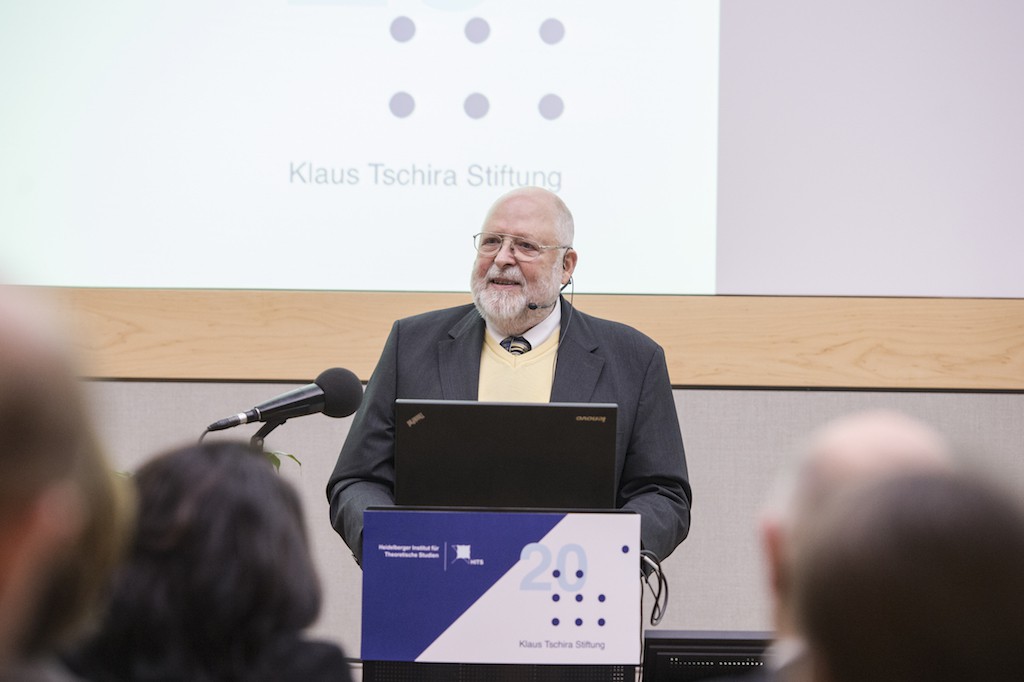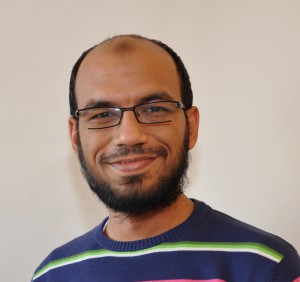Acknowledging a great man I have never met
Ahmed Ali-Eldin, HLF15 participant. Yesterday, I sat down around a table for dinner with Leslie Valiant, the inventor of machine learning, Tony Hoare, one of the fathers of programming languages and the inventor of quick sort, and their lovely wives. I have talked to them with a group of fellow PhD students for almost four hours. I have asked them all sorts of questions one can imagine. Questions about marriage, children, mobility and family sacrifices of researchers. We got advice, tons of advice, that I cherish. Their wives, two fascinating personalities that I will remember forever, gave us lots of advice as young researchers. Tony told us his fascinating story of travelling to Moscow State University to study with Kolmogorov, and how this did not work out. Leslie told us tons of stories and experiences, and how he ended up working on complexity.
Yesterday, I sat down around a table for dinner with Vint Cerf, one of the inventors of TCP/IP, the protocol that glues the Internet together. Vint is one of the people who have inspired my choice of doing research. When I graduated with my Bachelors and decided to work as a researcher, I thought that I have to work on Computer network protocols, because I kept thinking of how fascinating the work that Vint has done with Kahn is.
The HLF has been an inspiring experience on so many levels, personal, technical and academic. There is one man who has helped make this possible, and he is some one I have never met. He never knew of my existence in this world, yet he has inspired me and touched my life in a very positive way. This man is unfortunately not here with us this year, but his legacy is. I would have loved to shake his hand and tell him “Thank you Klaus Tschira, you are an inspiration to me. I hope that one day I can touch people’s lives the way you did”.

Ahmed Ali-Eldin is a last year CS PhD student (defending in 5 weeks) at Umeå university, Sweden. He is interested in the question of how to make young researchers more efficient and how to increase the impact of research funding. When he is not in his full time job of being a father, he does research on automating datacenter management systems, workload analysis and server modeling, mostly using control theory and probability theory. This article was originally posted on his private blog.


